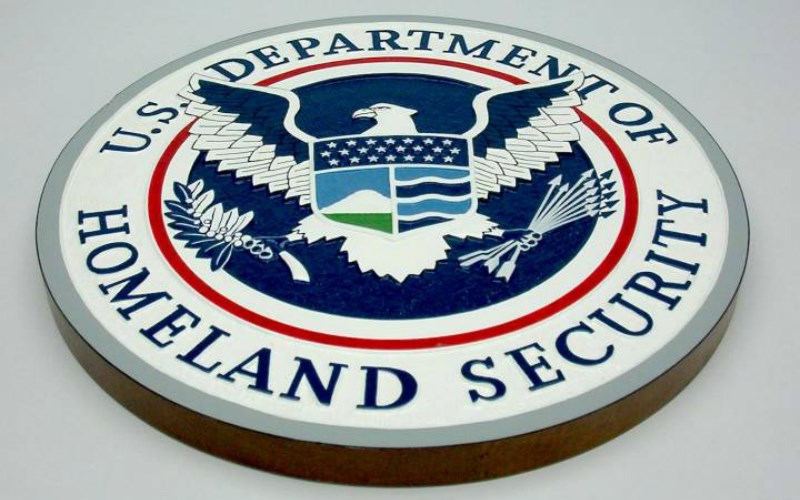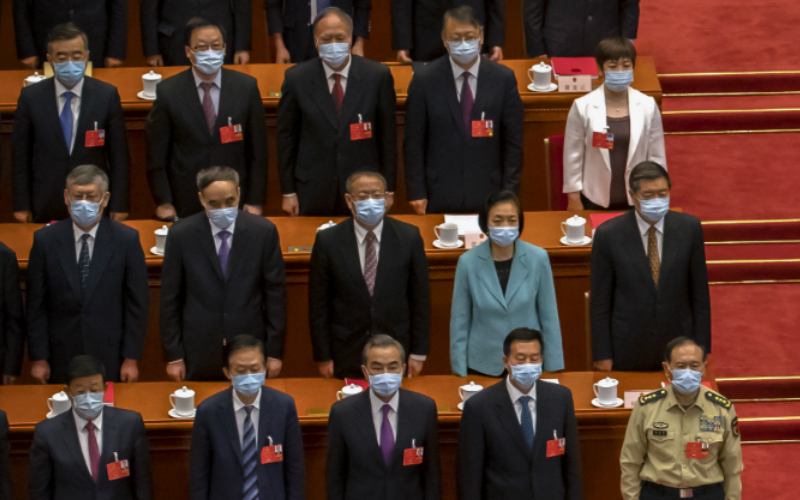The Department of Homeland Security has announced it is soliciting public input on how the agency can avoid separating families at the southern border. Feedback, according to DHS, will be used to "help develop recommendations to President Biden on how to prevent the federal government from implementing in the future the cruel and inhumane practice of intentionally separating families at the border as a tool of deterrence."
Ira Mehlman, a spokesman for the Federation for American Immigration Reform, contends separation has to occur in many cases for the protection of the children themselves.

"We don't know who the adults are who are accompanying the children. They may be the parents, they may be legal guardians – [or] they may be human traffickers," he shares. "It is the obligation of the law enforcement agencies to make sure that we know who these folks are and what the relationships are so we don't abet in abhorrent practices like child trafficking."
Mehlman explains that the DHS already has policies in place to prevent family separation and that can deter illegal immigration; but says that for the most part, the administration isn't enforcing the law.
"And so, there's really very little reason for them to wind up separating families at this point," he argues. "For the most part, the families are being released into the United States."
FAIR argues that DHS's request for public input "reads like an embarrassing admission that at almost a full year into this [border] crisis, DHS leadership has no functional plan with regard to how to manage the border and has resorted to crowd-sourcing ideas from the public."
DHS's request for public input opened a 30-day window for comments, expiring on January 10, 2022.







